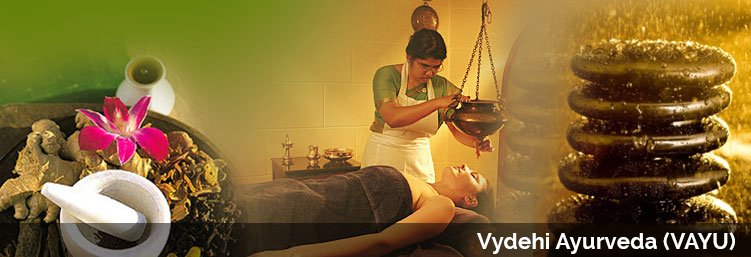

Originated in India and over 5000 years old, Ayurveda has been there for centuries and is a proven natural or alternative treatment procedure. Even Chine and Tibetan forms of alternative medicines have their roots in Ayurveda besides Greeks who are also known to have embraced Ayurveda. ‘Ayur’ is a Sanskrit word for life and ‘Veda’ means science, hence together it means the science of life. It is a more holistic approach towards the health of the mind, body, and soul in unison.
One of the very popular procedures in Ayurveda that have helped millions of people across the globe is the herbal healing therapy known as ‘Panchakarma’. It is apparently a five-stage detoxification and purification therapy that is a beautiful amalgamation of five amazing procedures.
PANCHAKARMA PROCEDURE
As the name suggests, Panchakarma procedure consists of Vamana, Virechana, Basti, Nasya, and Raktamokshana.
1. Vamana – This process is a therapeutic vomiting process done for clearing the respiratory and gastronomical tract toxins through the removal of excess mucus, responsible for ‘Kapha’. The domino effect of the procedure is that the person feels good.
2. Virechana – This is a therapeutic purgation inducing procedure for removing the pitta toxins from the body. It is known to produce amazing results for Headaches, Hyper Acidity, Digestive Disorders, Asthma and Gynecological disorders, etc. The purgatives include Laxatives, Drastic Purgatives and more.
3. Vasti – An integral part of Panchkarma, Vasti needs to be performed under the observation of an Ayurvedic expert and is specially used against Vata or rheumatic conditions. The dosha’s or toxins from the body are expelled through the anus or vaginal canals using ayurvedic oils and herbs. The oils used for the procedure include Calamus oil, Sesame oil and more. While there are many types of Vasti’s, Uttaravasti, Kashayavasti, Snehavasti, and Sirovasti are the main ones. This procedure of panchakarma is very effective in the treatment of Vata.
4. Nasya – This treatment as the name suggests is associated with the nasal tract and is carried out to get rid of toxins like congestion and sinus, from the neck and head region. The procedure performed is called nasyakarma and the formulations are called nasika kalpana.
5. Raktamokshana – Raktamokshana is a combination of two words, one is rakt which means blood and the other is mokshana which means leaving. There are two types in Raktamokshana, Shastra Visravana, and Anushsastra Visravana. The treatment is recommended for people with an imbalance in blood and ‘pitta doshas’ as well as skin disorders like eczema, dermatitis, and sciatica.
Well, if you are living with conditions mentioned above and want them to be treated, seek advice from Ayurveda experts on your health issues and take a step to good health through Ayurvedic healing.
Vydehi Ayurveda(Vayu) can be rightly called ‘the complete healing center’ where the ancient system of Ayurveda is practiced. This time-tested medical science addresses the preventive and curative aspects of diseases. Also, positive health and therapeutic measures relating to physical, mental, social and the spiritual are comprehensively attended here.

 Emergency Number
Emergency Number